- Aromatic Flavor: Kasuri Methi offers a strong and distinctive aroma that adds depth and complexity to dishes.
- Digestive Health: Fenugreek leaves have traditionally been used to aid digestion and promote a healthy digestive system.
- Rich in Nutrients: Kasuri Methi is a source of essential vitamins, minerals, and antioxidants, contributing to overall well-being.
- Flavor Enhancer: The unique flavor of Kasuri Methi complements various dishes, making it a popular seasoning in Indian cooking.
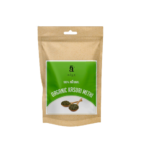
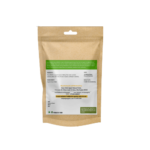
Recipe
Coming Soon..
FAQ
Can we store kasurimethi in the fridge?
Yes, you can store kasurimethi (dried fenugreek leaves) in the refrigerator to extend its shelf life. Place it in an airtight container or a zip-top bag to protect it from moisture and store it in a cool, dark place in the fridge. This helps to maintain its flavor and aroma for a longer duration.
Is kasurimethi good or bad for health?
Kasurimethi is generally considered good for health when consumed in moderation. It is a good source of dietary fiber, antioxidants, and certain minerals. It is known for its potential benefits in supporting digestion, managing blood sugar levels, and promoting a healthy immune system. However, individual dietary needs and health conditions should be taken into account, and it’s advisable to consult a healthcare professional for personalized advice.
Are there any side effects of kasurimethi?
Kasurimethi is safe for most people when consumed in appropriate amounts. However, excessive consumption may cause digestive issues, such as bloating or gas, due to its fiber content. Some individuals may also be allergic to fenugreek and may experience allergic reactions. It’s important to listen to your body and consume kasurimethi in moderation.
Should we wash kasurimethi before cooking?
No, you do not need to wash kasurimethi before cooking. Since it is a dried herb, washing it may result in loss of flavor and aroma. However, it’s always a good practice to inspect the kasurimethi for any impurities or debris before use and remove them if necessary.
What is the difference between dry methi and kasurimethi?
Dry methi refers to the dried fenugreek leaves, while kasurimethi specifically refers to the dried fenugreek leaves that have been processed and crumbled. Kasurimethi has a more concentrated flavor compared to dry methi. Both forms can be used in cooking, but kasurimethi is more commonly used as a seasoning due to its intense flavor.
Should kasurimethi be soaked in water?
No, kasurimethi does not need to be soaked in water. It is used in its dried form and can be directly added to dishes for its flavor. Soaking it in water may cause it to lose its flavor and texture. However, if a recipe specifically calls for soaking kasurimethi, then follow the instructions accordingly.
Only logged in customers who have purchased this product may leave a review.

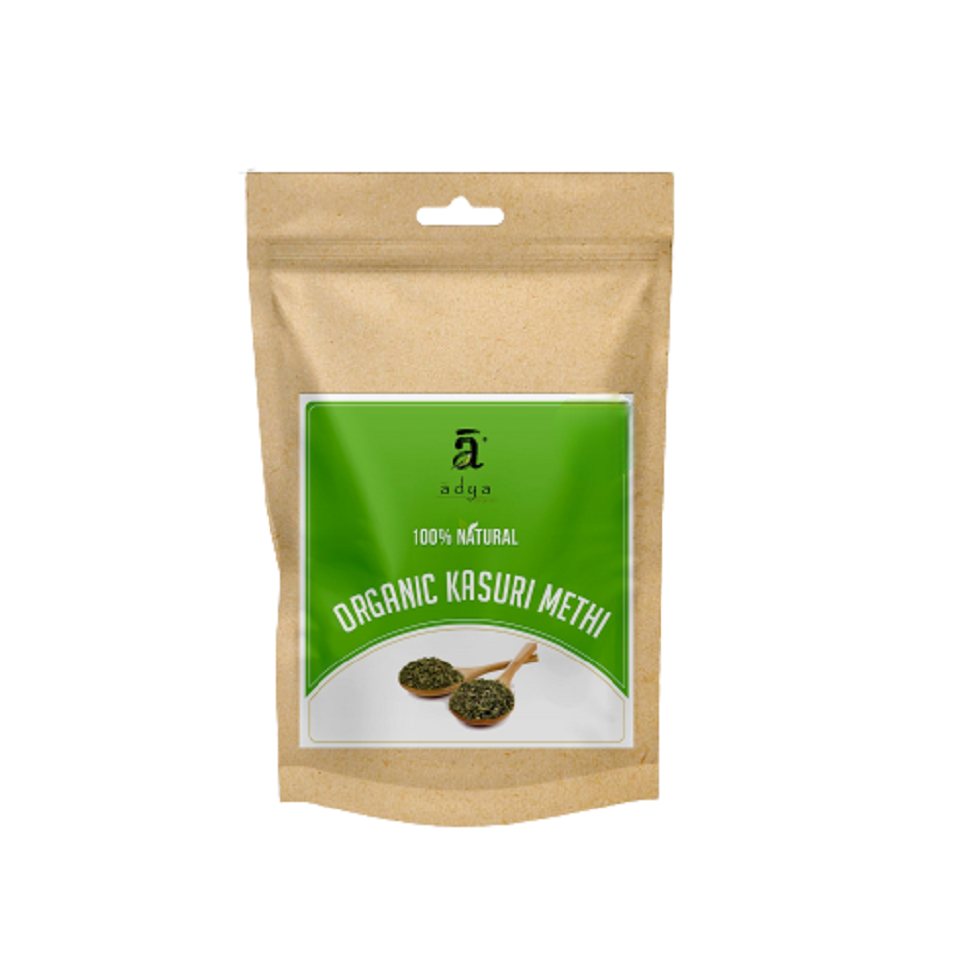
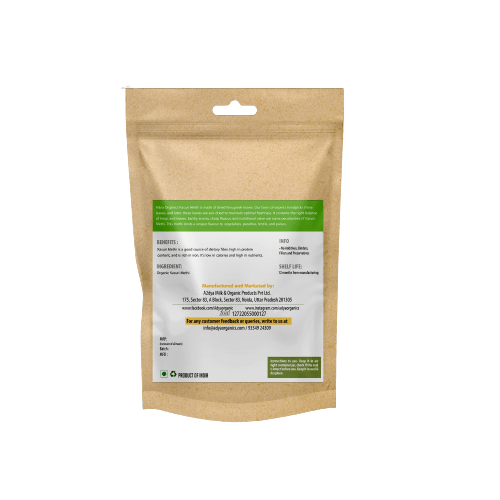

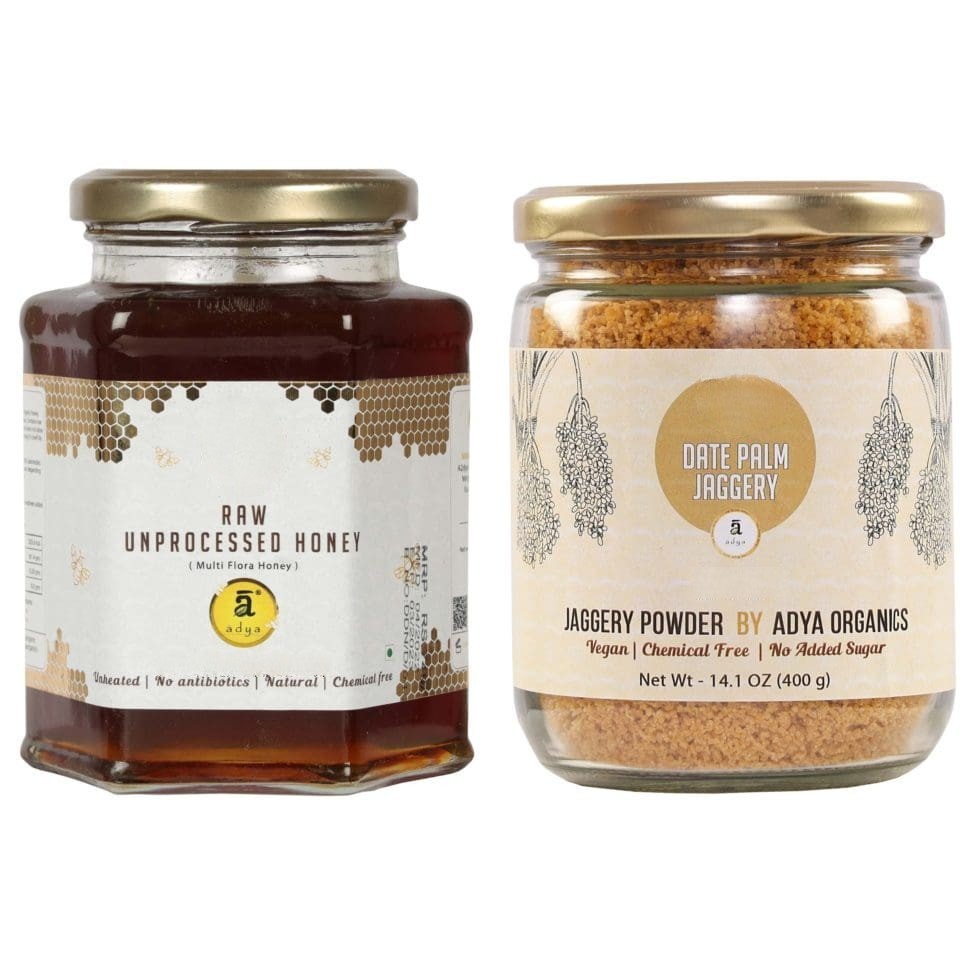
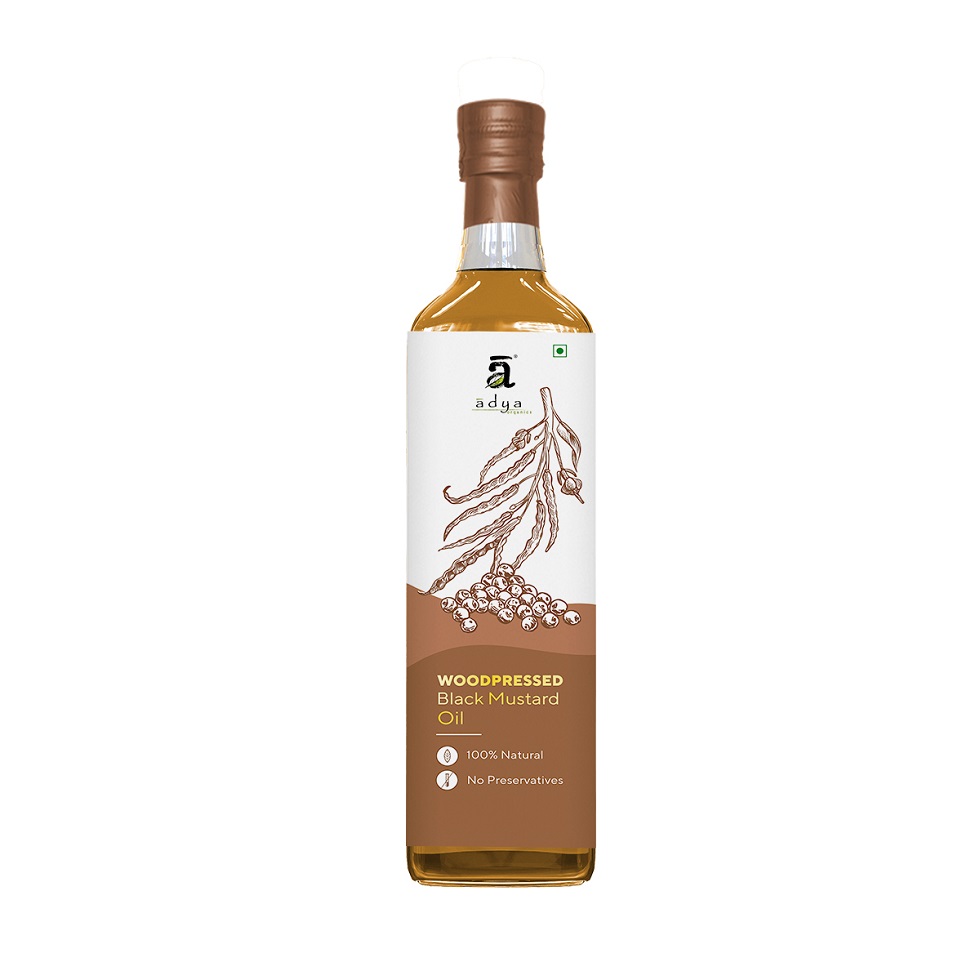
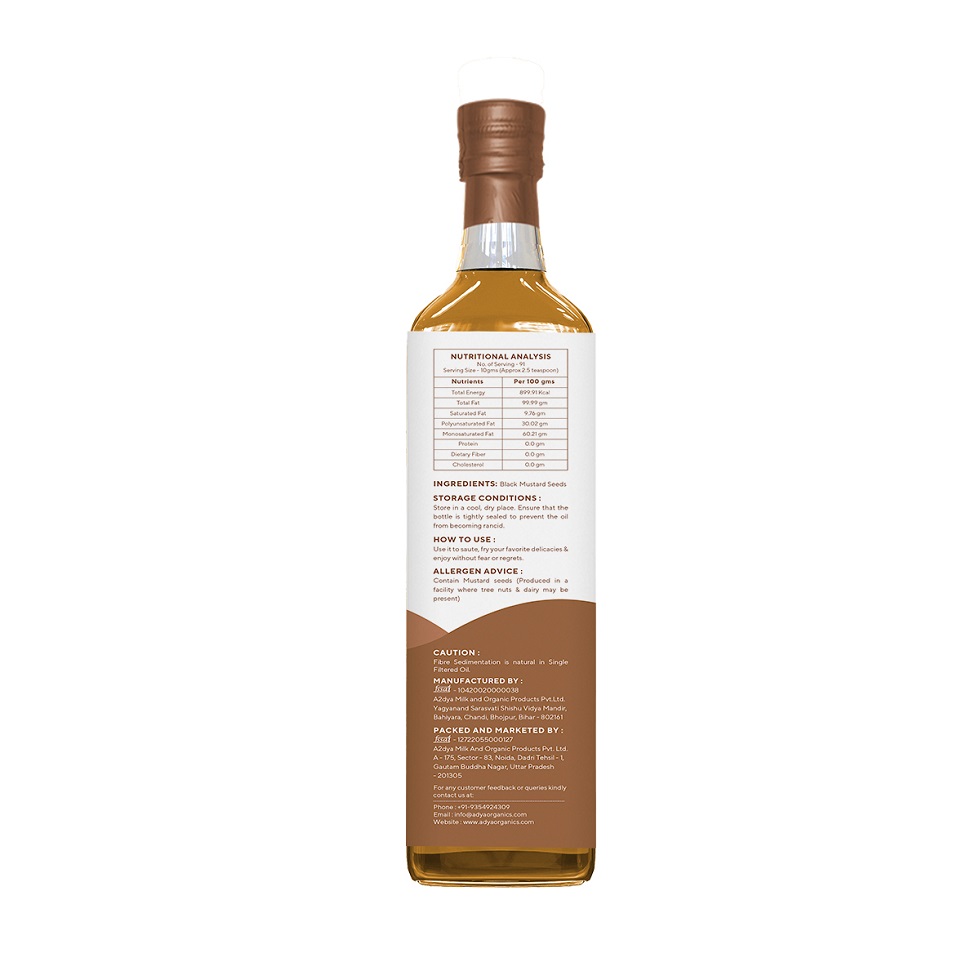
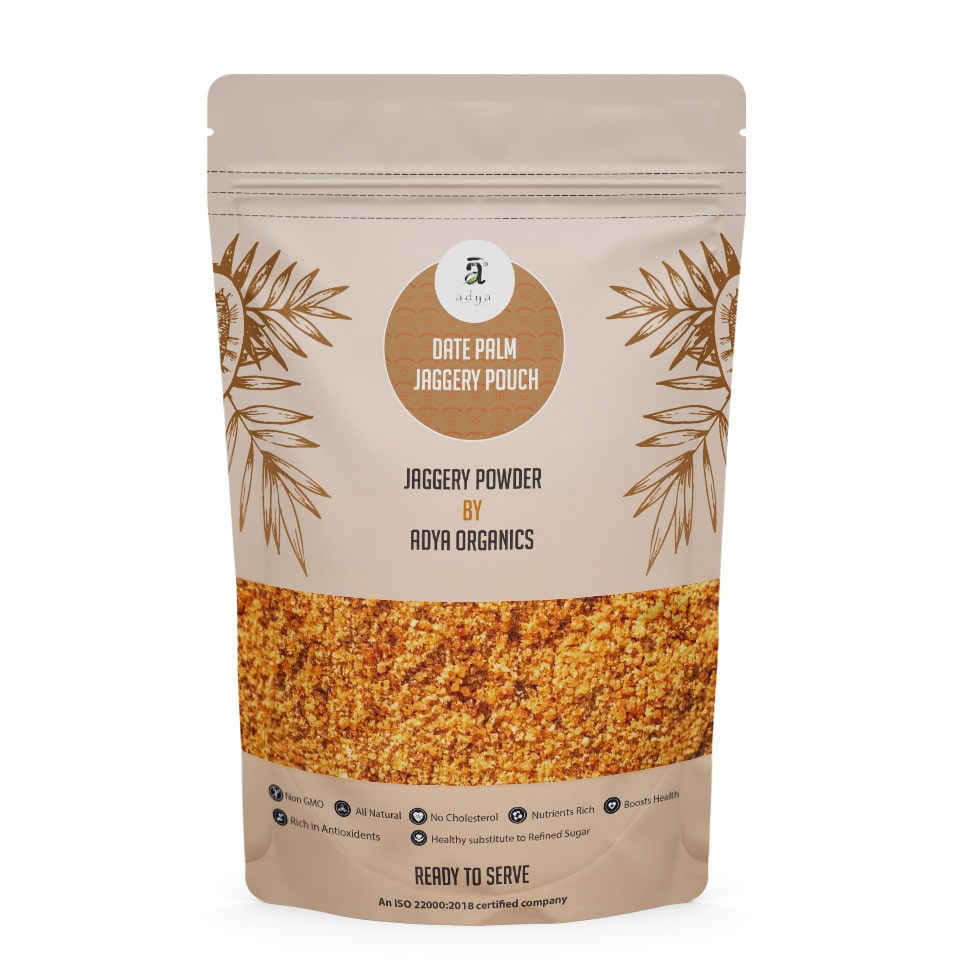
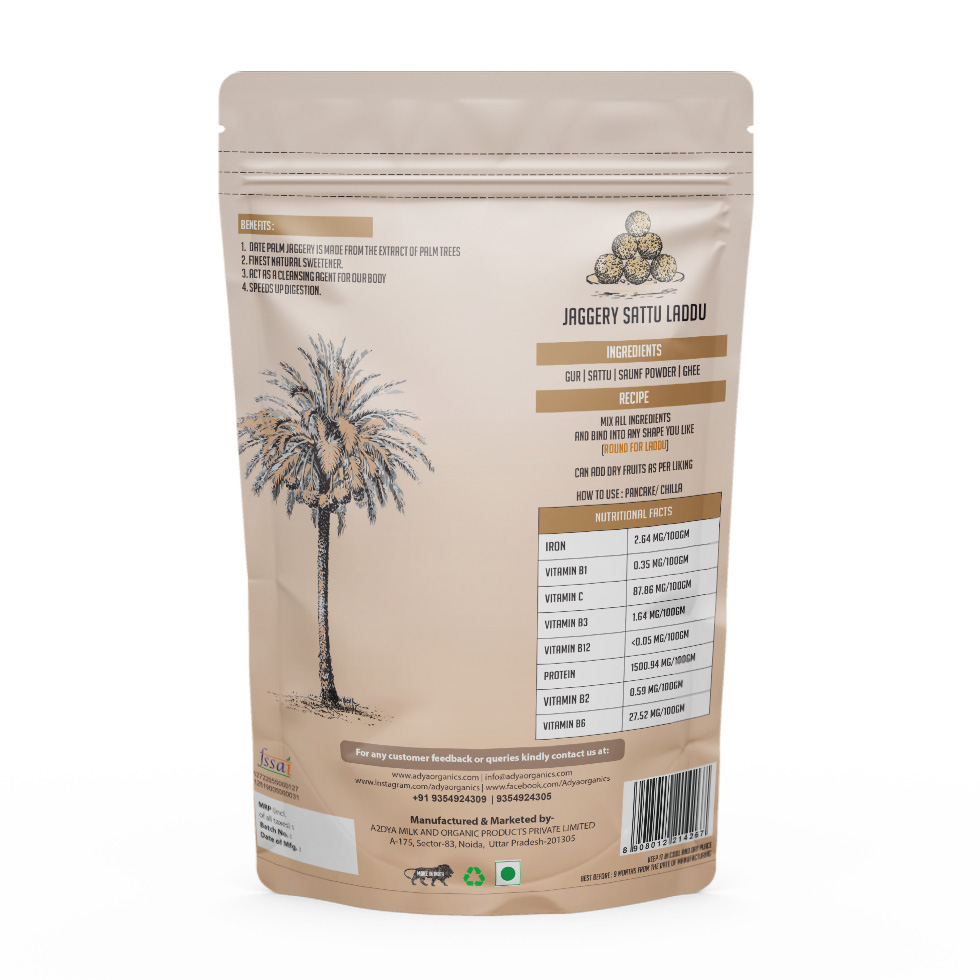
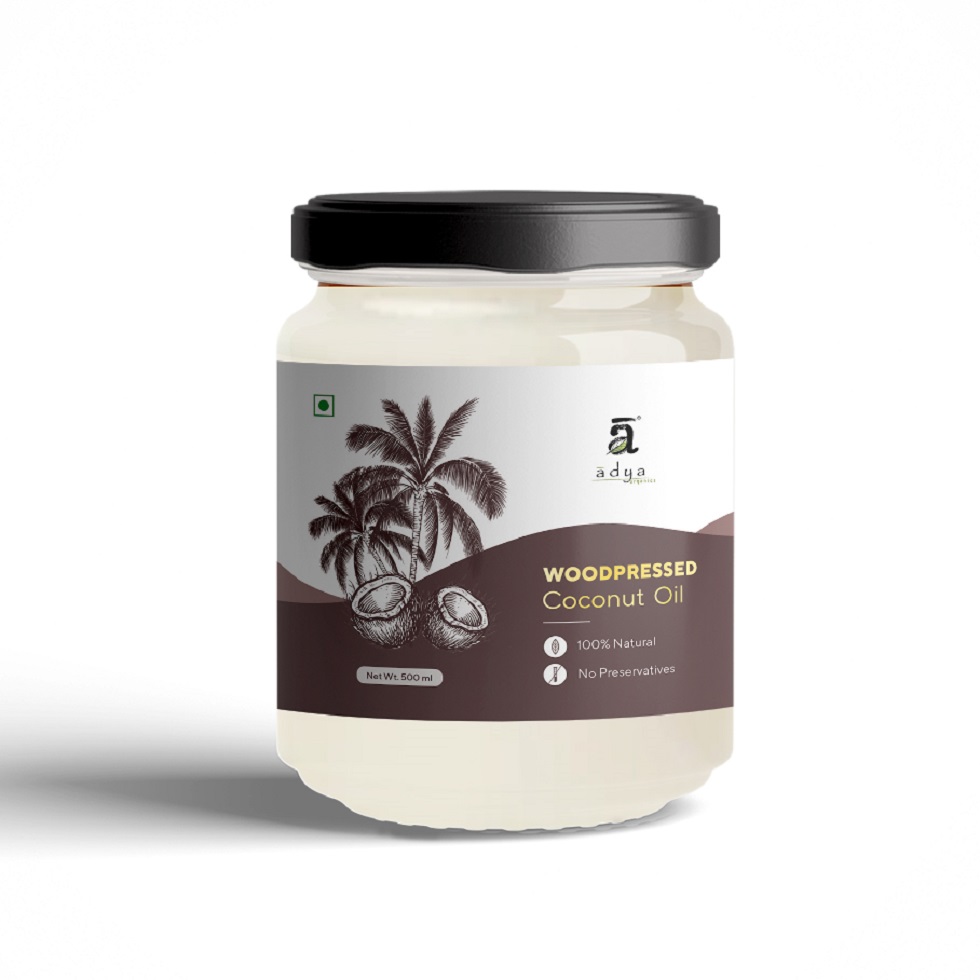
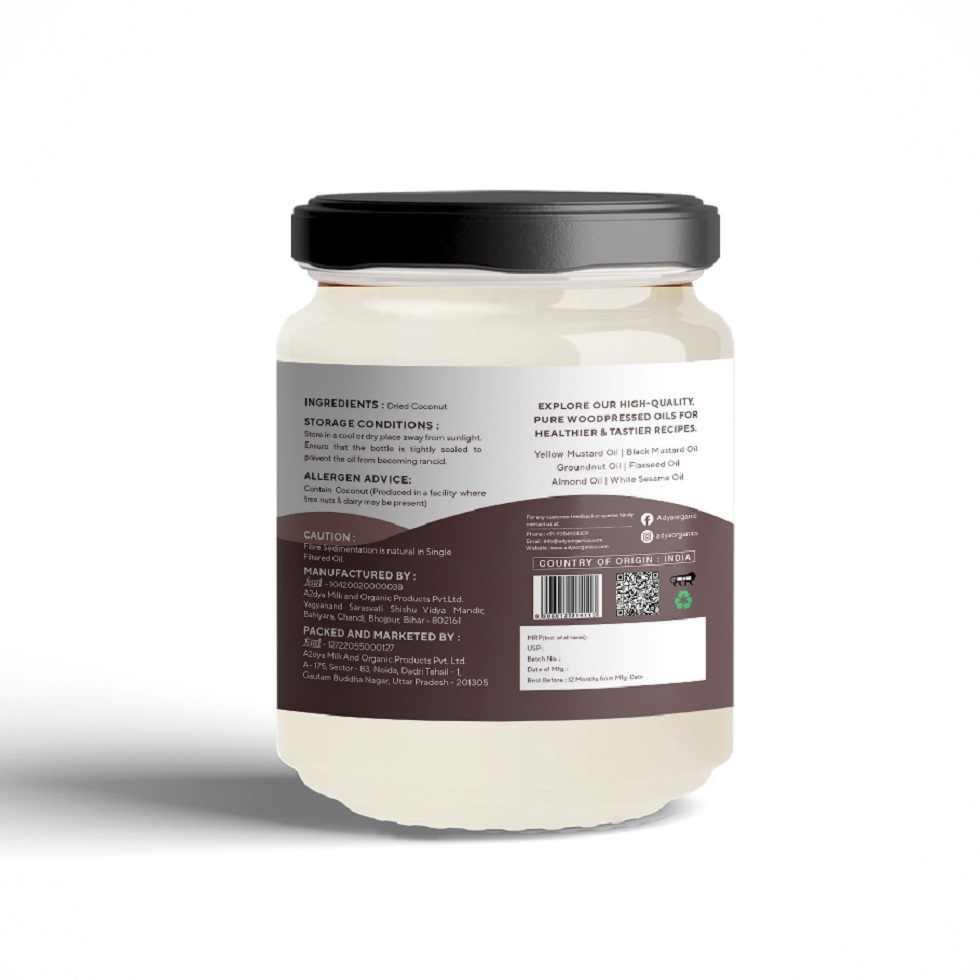
Reviews
There are no reviews yet.